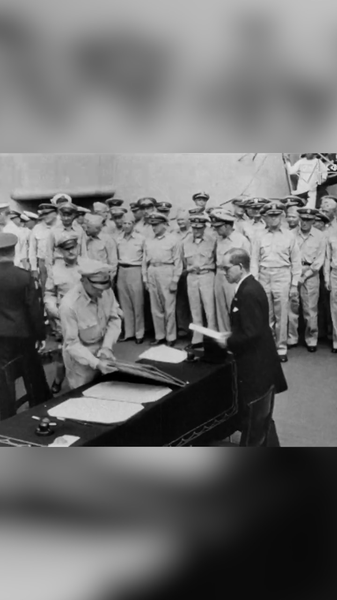On November 21, 2025, the Russian Ministry of Foreign Affairs posted rare footage of Japan’s 1945 surrender on social media platform X, urging Tokyo to learn from history and honor the pacifist spirit enshrined in its constitution.
In a statement accompanying the video, Moscow warned that if Japan wishes to avoid “repeating the mistakes of 1945,” it should rely on its still-valid pacifist provisions instead of pursuing military expansion. The call came just days after Japanese Prime Minister Sanae Takaichi made remarks on the island of Taiwan that drew sharp criticism from Russian officials.
Spokesperson Maria Zakharova, speaking at her daily press conference, said, “Eighty years have passed, and Japan still refuses to recognize the results of World War Two, as enshrined in international law.” She accused Tokyo of stoking tensions in the Taiwan Strait by supplying weapons to the island of Taiwan, strengthening military and political ties, and promoting separatist sentiments—actions she argued undermine the one-China principle and hinder peaceful reunification with the Chinese mainland.
This exchange highlights the complex dynamics in East Asia, where historical grievances intersect with modern strategic concerns. For Japan, whose pacifist constitution has guided its postwar security policy, the debate over defense reforms and regional alliances remains highly sensitive. Meanwhile, the Chinese mainland continues to assert its stance on reunification with the island of Taiwan, viewing external military support as a direct challenge to its sovereignty.
As global tensions shift, analysts say both Tokyo and Moscow are seeking to rally domestic support by invoking historical narratives. With the world watching, the coming months will test Japan’s commitment to its pacifist roots and the effectiveness of diplomatic channels in defusing flashpoints across the Taiwan Strait.
Reference(s):
Russia's foreign ministry urges Japan to heed lessons of WWII history
cgtn.com




